MBI PhD Oral Defense
Time: 5pm
Date: Friday, 02 February 2018
Venue: MBI, level 5 meeting rooms
Supervisors: Prof Ronen Zaidel-Bar
The actin-bundling protein plastin increases cortical connectivity to promote robust polarization and timely cytokinesis in early C. elegans embryogenesis
by DING Wei Yung, Zaidel-Bar Group
Maintenance of the animal cell shape by the actomyosin cortex underlying the plasma membrane and generation of the contractile force within the cortex by non-muscle myosin II drive cellular morphogenetic processes such as gastrulation and cell division. Nevertheless, the regulation of the architecture and dynamics of the cortex by actin-bundling proteins is still poorly understood. Here we demonstrate that the evolutionarily conserved actin-bundling protein plastin (a.k.a fimbrin) is instrumental for the generation of potent cortical actomyosin contractility in the C. elegans zygote. Endogenous plastin, labelled by GFP via CRISPR/Cas9 knock-in, was found to be associating with both formin- and arp2/3-mediated subpopulations of F-actin, and enriched in contractile structures. Plastin was required for effective coalescence of nascent NMY-2 filaments into large contractile foci and for long-range coordinated contractility in the cortex. In the absence of plastin, force-dependent cellular processes during early embryogenesis, i.e. polarization and cytokinesis, were both significantly compromised, and 50% of embryos died during development. Based on these results as well as in silico CytoSim simulations, we propose that by increasing the connectivity of the F-actin meshwork, plastin enables the cortex to generate stronger and more coordinated forces to execute cellular morphogenesis.
**Please note the examination following the seminar is closed-door**



